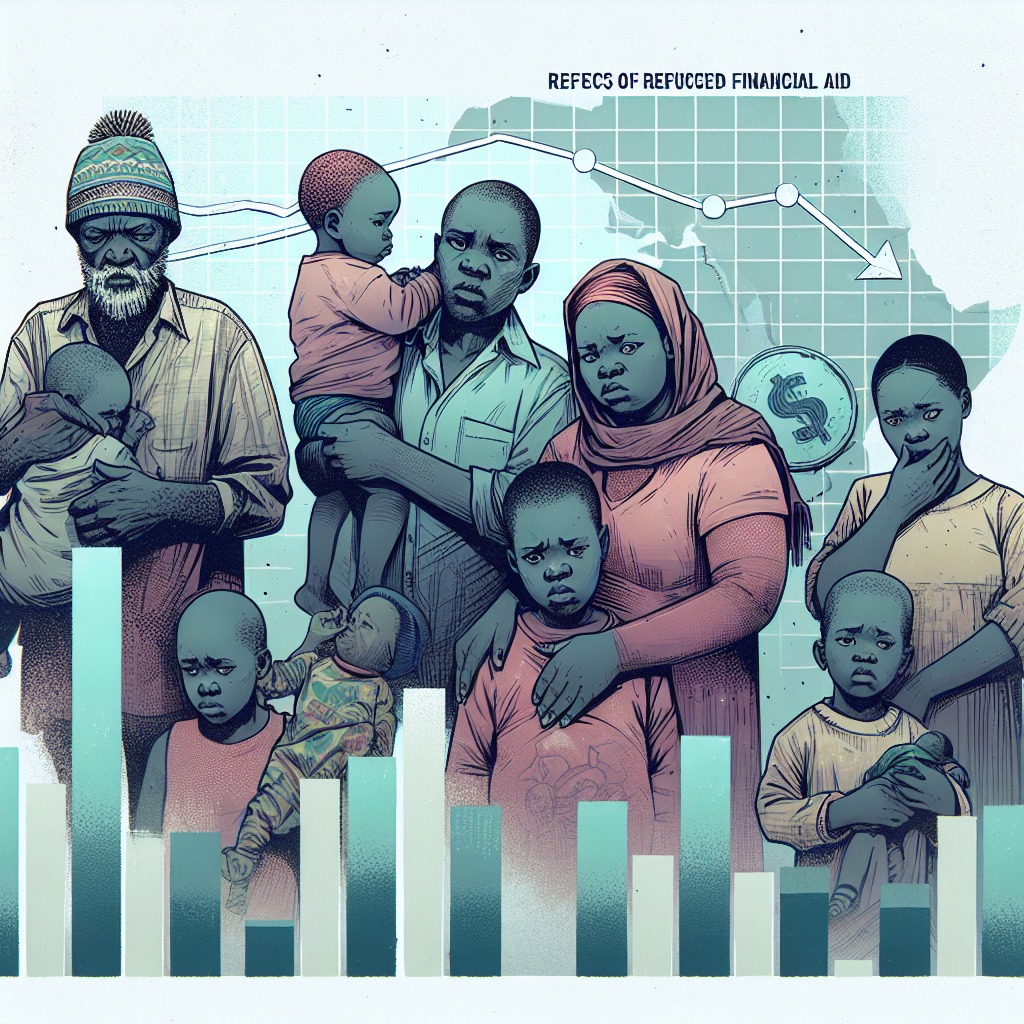Impact of US Funding Reductions on South African Families Affected by HIV
Impact of US Funding Reductions on South African Families Affected by HIV
Overview
The recent decision by the United States to reduce funding for HIV programs in South Africa has raised significant concerns about the potential repercussions on families affected by the virus. This funding cut threatens to undermine years of progress in combating HIV/AIDS in the region.
Key Impacts
- Healthcare Access: Reduced funding may lead to decreased availability of antiretroviral treatments, which are crucial for managing HIV.
- Support Services: Programs providing essential support services, such as counseling and nutritional aid, are at risk of scaling back or shutting down.
- Prevention Efforts: Initiatives aimed at preventing the spread of HIV, including education and outreach programs, may face significant cutbacks.
Community Concerns
Local communities and health organizations have expressed deep concern over the funding cuts, emphasizing the potential for increased HIV transmission rates and a rise in HIV-related deaths. The reduction in resources could reverse the progress made in recent years, particularly in rural and underserved areas.
Government and NGO Response
- Advocacy: South African government officials and NGOs are actively advocating for alternative funding sources to fill the gap left by the US.
- Partnerships: Efforts are underway to strengthen partnerships with other international donors and private sector entities to sustain critical HIV programs.
Conclusion
The reduction in US funding for HIV programs in South Africa poses a significant threat to the health and well-being of affected families. It highlights the urgent need for alternative funding solutions and increased international collaboration to ensure the continued fight against HIV/AIDS in the region. Without swift action, the progress made over the years could be severely compromised, impacting countless lives.

































